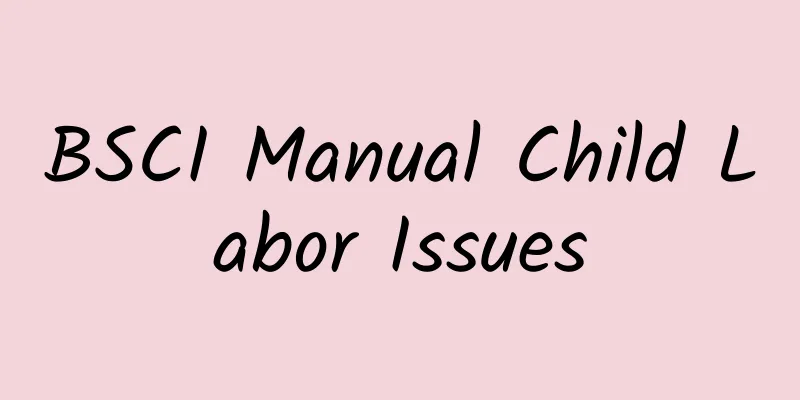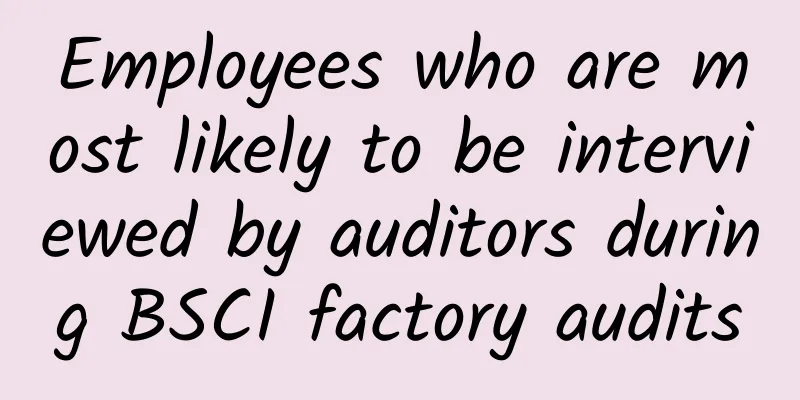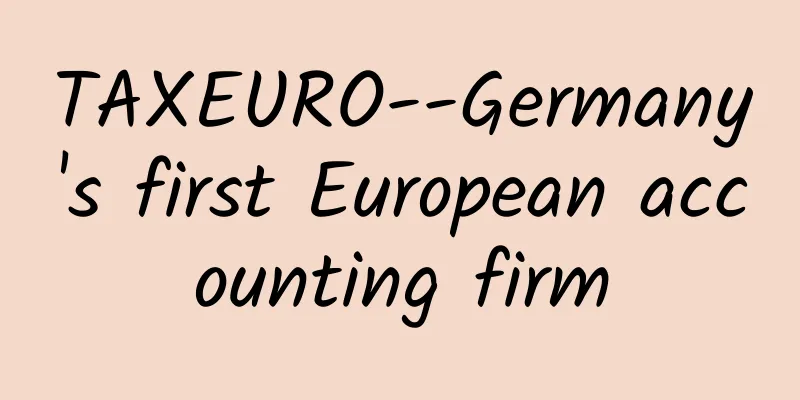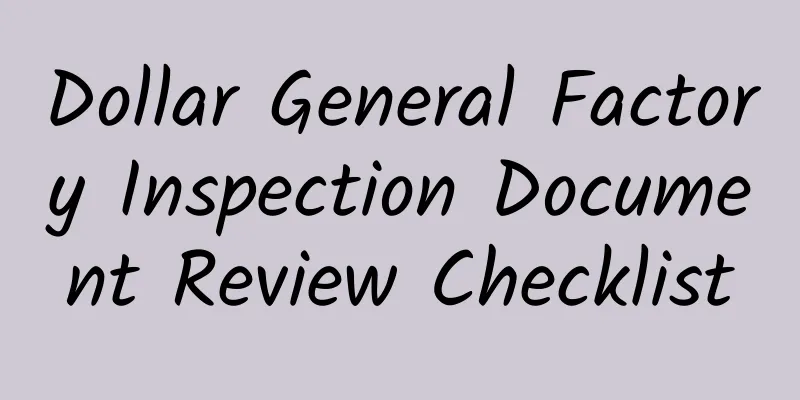The latest version of OEKO-TEX Standard 100 certification standard will take effect on April 1
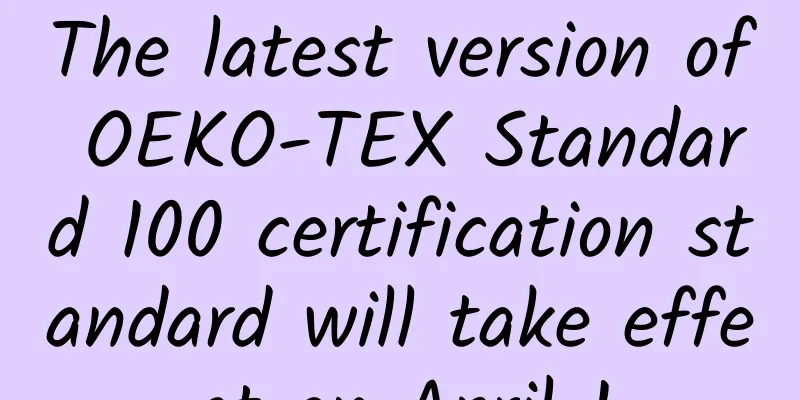
|
At the end of 2012, a piece of news that 14 world-renowned sports brands’ clothing was exposed to contain harmful chemicals, perfluorinated compounds, aroused public concern about the safety of clothing products. Not long ago, the International Environmental Textile Association released the latest version of OEKO-TEX Standard 100, the test standard and limit value requirements for the inspection of harmful substances in textiles, which will take effect on April 1. According to TESTEX Swiss Textile Testing Company, the official representative of the International Environmental Textile Association in China, in the future, each OEKO-TEX certification issued will be clearly recorded so that compliance checks on items with OEKO-TEX labels can be carried out regularly through corporate audits. The specific test standards and limit value requirements of the 2013 version of OEKO-TEX Standard 100 international environmentally friendly textile certification are as follows: 1. Three types of phthalates harmful to health added to the test samples will be tested. The cumulative limit value for product levels I and II to IV remains at 0.1%. 2. Eight new PAH components will be inspected in candidate certified textiles. The limit value of benzo(a)pyrene in product level I is adjusted to 0.5 mg/kg, and the cumulative limit value of all other PAH is adjusted to 5 mg/kg. 3. Dimethylformamide (DMF), which belongs to the category of substances of very high concern (SVHC substances), is included in the list of regulated solvents according to REACH regulations. The limit value is 0.1%. 4. According to the modification of nickel release in European standards, the limit value of extractable nickel has been adjusted for all four OEKO-TEX product levels. The new limit value for product level I will be 0.5 mg/kg, and 1.0 mg/kg for product levels II to IV. 5. Dimethyl fumarate (DMFu) will be included in the OEKO-TEX list of regulated residual chemical substances as an added substance, and the relevant ingredients will be inspected with a limit value of 0.1 mg/kg. In addition, since the beginning of last year, the International Environmental Textile Association has been regulating the content of nonylphenol, octylphenol and alkylphenol polyoxyethylene ether compounds (APEO) in product certification according to OEKO-TEX Standard 100, and this will be mandatory from April 1, 2013. Products tested and certified by Oeko-Tex Standard 100 are guaranteed not to cause harm to human health. More importantly, this certification can effectively circumvent trade barriers in countries such as the European Union and North America, helping Chinese products to successfully enter the high-end markets in Europe and the United States. The above content introduces the information about the latest version of OEKO-TEX Standard 100 certification inspection standard which will take effect on April 1, and also introduces the specific requirements of OEKO-TEX Standard 100 certification standard. For OEKO-TEX Standard 100 suppliers, it is necessary to always pay attention to the dynamics of OEKO-TEX Standard 100 certification standard to avoid the consequences of factory inspection failure due to untimely information update. |
<<: Factors Affecting the Effective Operation of ISO9001 Quality Management System
>>: Avon's direct sales model may transform into retail
Recommend
BSC factory inspection regulations on working hours
The BSC factory inspection regulations on working ...
Purpose and requirements of ISO14001 environmental management system initial environmental review
Purpose and requirements of ISO14001 environmental...
eBay return operation process and common problems
What are my options when responding to a return r...
Power Of Attorney--Power of Attorney
What is Power Of Attorney? Power Of Attorney (POA...
Should I do HACCP certification or ISO22000 certification?
Should we apply for HACCP certification or ISO220...
Understand what carbon peak, carbon neutrality, and carbon footprint are, as well as the calculation methods and standards of carbon footprint in one article
Everyone knows that climate change is a common ch...
Auditor's responsibilities
Responsibilities of the audit team leader: Repres...
See how "Silk Cube" easily enters the international market
How Silk Cube Textile Co., Ltd. grew from a small...
What types of label paper are there? What are the common specifications of label paper?
What types of label paper are there? 1. Label pap...
Cross-border Practical Knowledge | Sequoia Capital
What is Sequoia Capital? Sequoia Capital has offi...
Calculation of overtime pay for standard working hours/comprehensive working hours system/irregular working hours system
Standard working hours system: The maximum workin...
Popular Science! eBay registration and store opening process
A reader asked me what is the process of register...
What is White Friday? What are the platforms for participating in White Friday?
What is White Friday? White Friday, the big promo...
How is Shenmahui? What services does Shenmahui provide?
How about Shenmahui? Shenmahui handles the entire...
How to sell on Lazada? Lazada seller fees
How to Sell on Lazada? Lazada is a popular e-comm...


